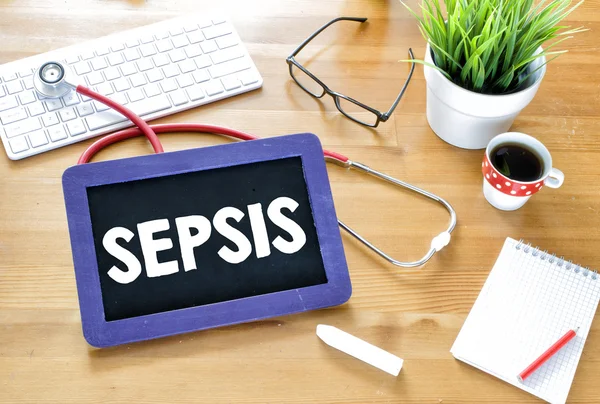Burned patients: New blood test might spot deadly sepsis early! – Sepsis is a major threat to burn patients, with high mortality rates. Early detection is crucial, but current biomarkers have limitations. This study explored the use of Complete Blood Count (CBC) parameters as a cost-effective and early detection tool for sepsis and mortality prediction in burn patients.
2,757 burn patients admitted to a burn ICU between 2010 and 2022 were analyzed. Sepsis, septic shock, and mortality rates were recorded. Daily CBC data, inflammation scores, and burn severity measures were collected.

Key findings:
- 65.5% of patients developed sepsis, and 24.3% died.
- Most CBC parameters, except some, differed significantly between sepsis/mortality and non-sepsis/mortality groups.
- Specific markers like RDW, MPV, NLR, MPVPR, and MPVLR showed promise in diagnosing sepsis and predicting mortality.
- RDW and NLR were particularly linked to increased death risk.
- MPV-related ratios (MPVPR and MPVLR) were valuable in sepsis diagnosis, reflecting the interplay between platelets and lymphocytes.
- These findings suggest that CBC parameters, especially RDW, MPV, NLR, MPVPR, and MPVLR, could be valuable tools for early sepsis detection and mortality prediction in burn patients.
This could lead to faster diagnosis, improved treatment, and potentially better outcomes.
Key Takeaways:
- Specific CBC parameters, especially RDW, NLR, and MPV-related ratios, can help diagnose sepsis and predict mortality in burn patients.
- These markers reflect the immune-inflammatory response and may offer earlier detection and better management options.
- Further research is needed to confirm these findings in different settings and patient populations.
Conclusion: Certain readily available CBC parameters, particularly RDW, MPV, MPVPR, NLR, and MPVLR, hold promise for early sepsis diagnosis and mortality prediction in burn patients. This could improve patient outcomes by enabling faster and more accurate interventions.
Limitations and Future research:
- The study was retrospective and conducted in a single center, requiring further validation in diverse settings.
- Factors like TBSA burned, patient age, and overall inflammation may influence the effectiveness of these markers.
- Validate these findings in larger and more diverse patient populations.
- Investigate the mechanisms behind the observed associations.
- Develop and refine models to improve the accuracy of sepsis diagnosis and mortality prediction using CBC parameters.
ALSO READ: Digital CBT Helps Pulmonary Fibrosis Patients Manage Anxiety and Improve Quality of Life
Content source – www.soundhealthandlastingwealth.com
